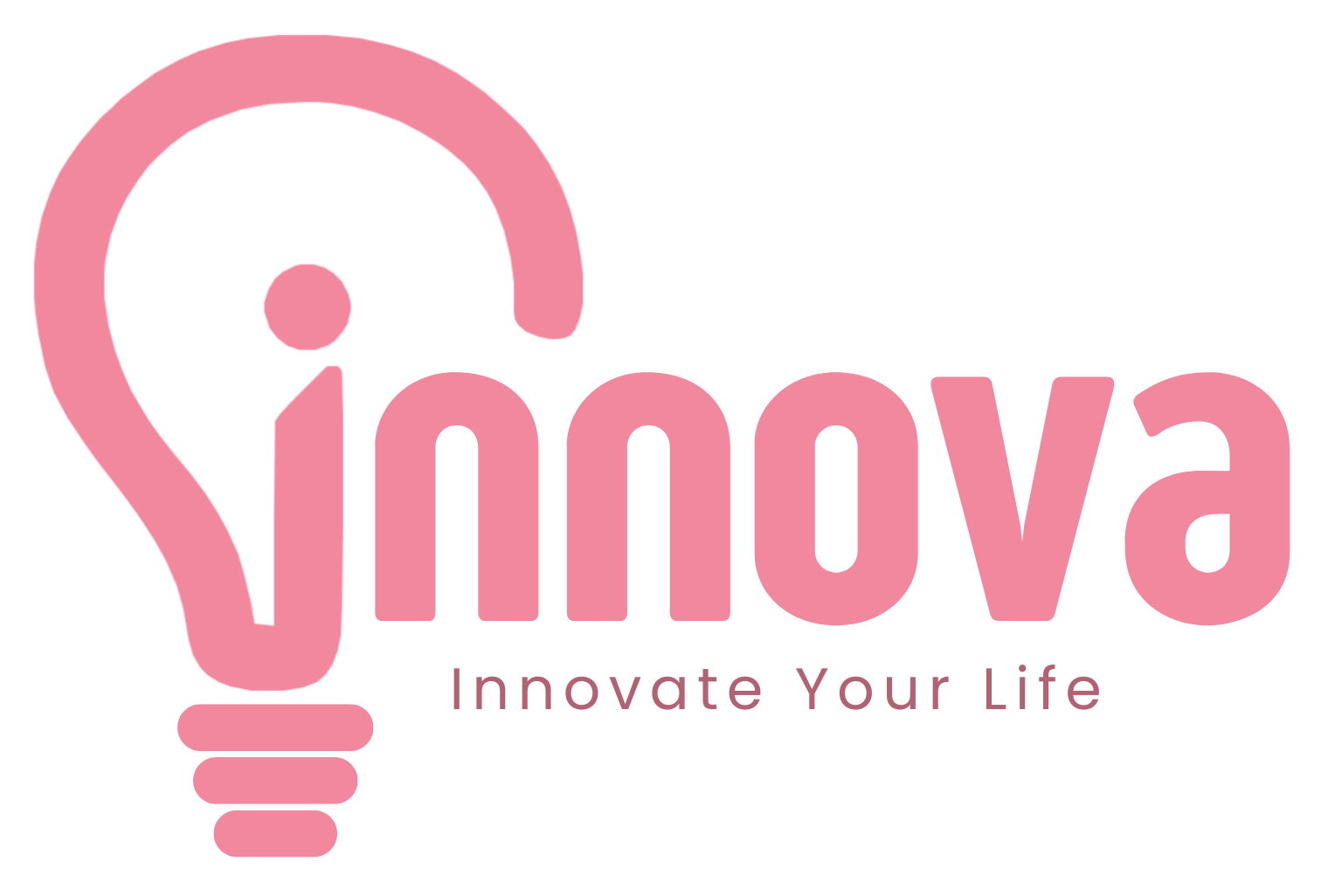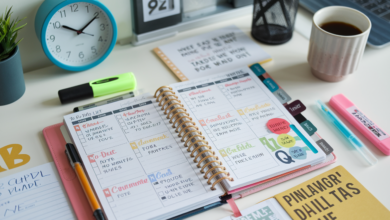How to Treat Headaches Without Medication

Headaches are a common ailment that can disrupt our daily lives and make even the simplest tasks feel daunting. While medication can provide relief, many people seek natural alternatives to manage their headaches effectively. In this article, we’ll explore various non-pharmaceutical remedies, lifestyle changes, and practical tips to help you treat headaches without medication.
Understanding Headaches
Before diving into solutions, it’s crucial to understand the different types of headaches. The two primary categories are tension headaches and migraines. Tension headaches are often caused by stress, muscle strain, or anxiety, while migraines can be triggered by various factors, including hormonal changes, food, and environmental stimuli. Recognizing the type of headache you have is the first step in finding the right treatment.
1. Stay Hydrated
Dehydration is a common headache trigger. Not drinking enough water can lead to tension headaches and migraines. Aim to drink at least eight 8-ounce glasses of water daily, and increase your intake if you’re physically active or exposed to heat. If you’re experiencing a headache, sip on water or herbal tea to help alleviate your symptoms.
2. Apply a Cold or Warm Compress
Using a cold or warm compress can provide immediate relief for headaches. Cold compresses, such as ice packs or frozen vegetables wrapped in a towel, can help numb the pain and reduce inflammation, especially for migraines. On the other hand, warm compresses can help relax tense muscles, making them effective for tension headaches. Experiment with both methods to see which one works best for you.
3. Practice Relaxation Techniques
Stress is a significant contributor to headaches. Incorporating relaxation techniques into your daily routine can help reduce the frequency and severity of headaches. Techniques such as deep breathing exercises, progressive muscle relaxation, and meditation can be incredibly beneficial. Even spending a few minutes each day focusing on your breath can help ease tension and promote relaxation.
4. Try Acupressure
Acupressure is an ancient Chinese practice that involves applying pressure to specific points on the body. This method can relieve headache pain by promoting relaxation and improving blood circulation. One effective acupressure point is the space between your thumb and index finger. Use your opposite thumb to apply pressure for 30 seconds while taking deep breaths.
5. Maintain Good Posture
Poor posture can lead to muscle tension and strain, often resulting in tension headaches. Pay attention to your posture, especially if you spend long hours sitting at a desk. Ensure that your workstation is ergonomically set up, with your monitor at eye level and your chair providing proper support. Take regular breaks to stretch and move around to prevent tension buildup.
6. Get Enough Sleep
Sleep plays a vital role in maintaining overall health, including headache management. Insufficient or irregular sleep patterns can trigger headaches and migraines. Aim for 7-9 hours of quality sleep each night, and establish a consistent sleep schedule by going to bed and waking up at the same time daily. Create a calming bedtime routine to promote better sleep quality.
7. Limit Caffeine Intake
Caffeine can be a double-edged sword when it comes to headaches. For some individuals, a small amount of caffeine can help relieve headache pain, while for others, it may trigger headaches. If you regularly consume caffeine, consider reducing your intake gradually to see if it makes a difference in your headache frequency and severity.
8. Identify Trigger Foods
Certain foods and beverages can trigger headaches in sensitive individuals. Common culprits include aged cheeses, processed meats, chocolate, alcohol, and foods containing MSG. Keeping a headache diary can help you identify specific foods that may trigger your headaches. Once identified, you can work on eliminating these triggers from your diet.
9. Engage in Regular Physical Activity
Regular exercise can help reduce stress and tension, leading to fewer headaches. Aim for at least 30 minutes of moderate exercise most days of the week. Activities such as walking, swimming, yoga, or cycling can promote relaxation and improve blood circulation. Just be cautious not to engage in high-intensity workouts during a headache, as it might worsen the pain.
10. Aromatherapy for Headache Relief
Aromatherapy is a holistic approach that uses essential oils to promote well-being. Certain essential oils, such as lavender, peppermint, and eucalyptus, have been found to relieve headache symptoms. You can use these oils in a diffuser, apply diluted oils to your temples, or inhale them directly from the bottle. The soothing scents can help alleviate headache pain and promote relaxation.
Frequently Asked Questions About Headaches
Q: How do I know if I should see a doctor for my headaches?
A: If you experience severe, persistent headaches, or if your headaches worsen or change in pattern, it’s essential to consult a healthcare professional for evaluation.
Q: Can I prevent headaches entirely?
A: While it may not be possible to prevent all headaches, implementing healthy lifestyle changes and identifying triggers can significantly reduce their frequency and severity.
Q: Are there specific exercises that can help with headaches?
A: Gentle stretching, yoga, and neck exercises can help relieve tension in the neck and shoulders, potentially reducing headache pain.
Q: Can weather changes trigger headaches?
A: Yes, many individuals report headaches triggered by changes in weather, including temperature fluctuations and barometric pressure changes.
Q: Are there any home remedies that can provide quick relief?
A: In addition to cold or warm compresses, other quick remedies include deep breathing exercises, hydration, and consuming herbal teas such as ginger or chamomile.
Conclusion: Embrace Natural Relief
Managing headaches without medication is entirely possible with the right techniques and lifestyle changes. From staying hydrated to practicing relaxation techniques, these natural remedies can help alleviate headache pain effectively. Remember to pay attention to your body and identify specific triggers to create a personalized approach to headache management. By embracing these strategies, you can take control of your well-being and enjoy a more comfortable, headache-free life.





